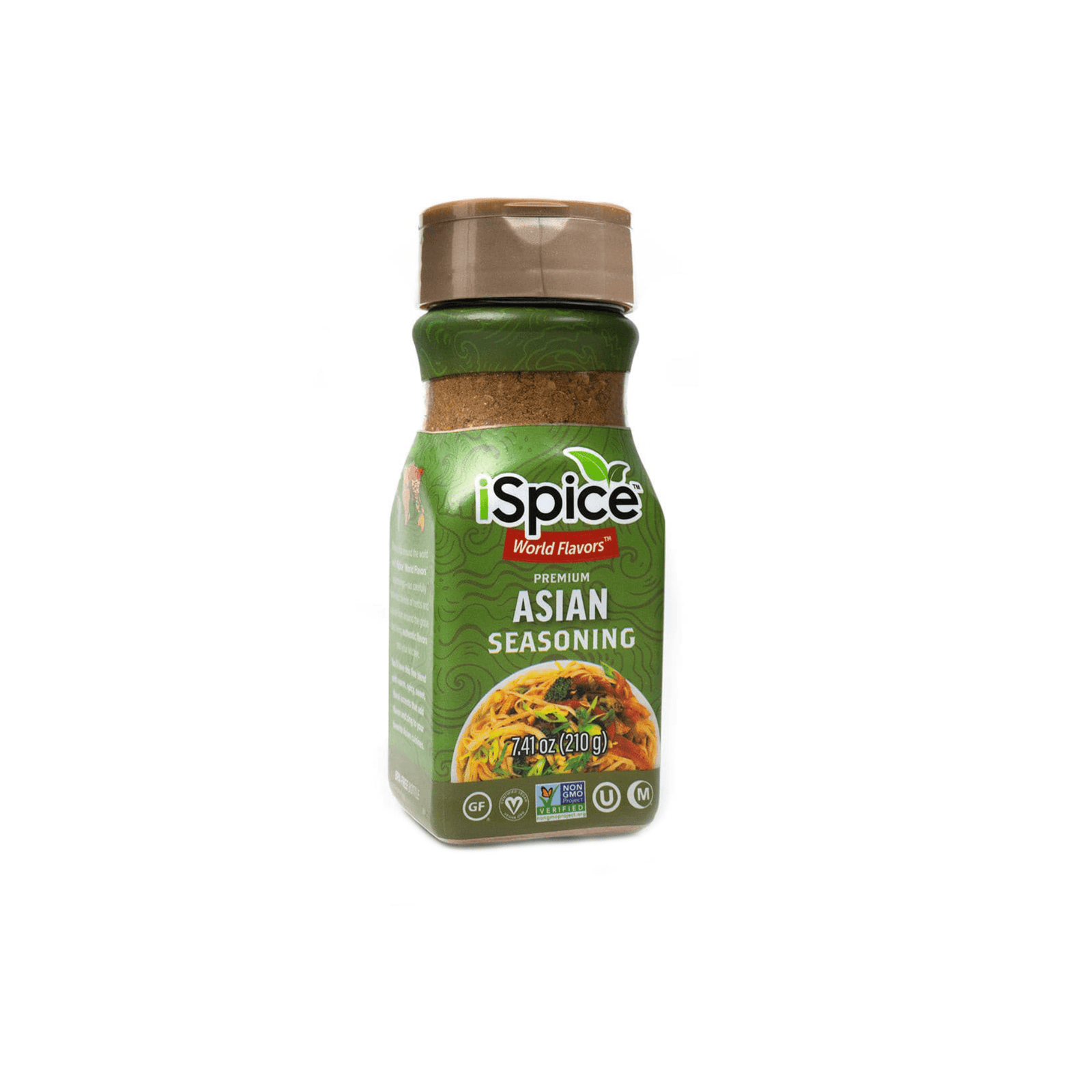Ground sumac is a versatile spice with a tangy, lemony flavor, although more balanced and less tart than lemon juice or vinegar. Sumac berries have a faint, fruity aroma, tartness and astringency. A small sprinkle adds a beautiful pop of color to any dish. Sumac’s most common uses are in spice blends, dry rubs, marinades and salad dressings. Sumac is often used in Mediterranean and Middle Eastern cooking on grilled meats, and in stews and rice instead of lemon juice. While it’s less common, sumac berries can be sold whole.Sumac is native to parts of the Mediterranean, including southern Italy, and to the Middle East and North America. The Romans used sumac juice and powder as a souring agent, while Native Americans gathered the red sumac berries and dried them to be eaten in the winter months. Today it is used in cooking in Iran, Lebanon, Syria, Turkey and Sicily. Shakers of sumac flakes are served on restaurant tables in the Middle East, and it is used in making Za’atar, a Middle Eastern spice mix of sumac, thyme, toasted sesame seeds and sometimes wild oregano.
Alert: While spices can have many beneficial properties for health, using them for medical purposes should be done under the guidance and supervision of a healthcare professional or specialist. Some spices may interact with medications or cause adverse reactions in certain individuals, and it is important to use them safely and appropriately. If you are considering using spices for a medical condition, it is important to consult with a healthcare professional before doing so.
| |
Benefits of SumacSome research suggests Sumac may have the following benefits:
|





















































